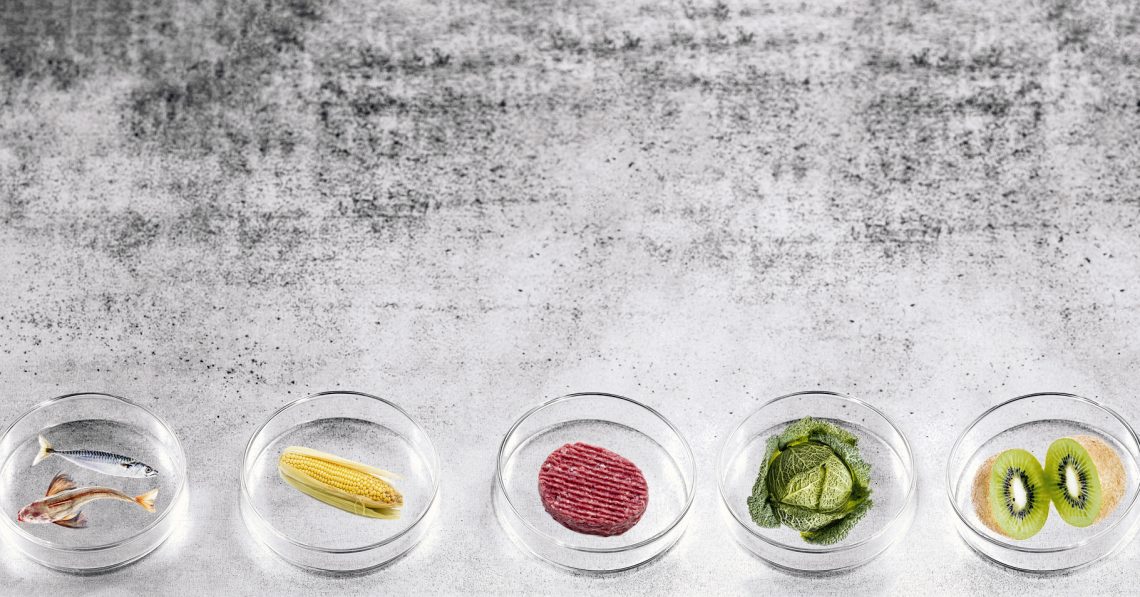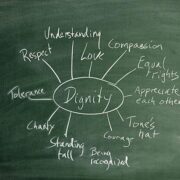Foodtech: Transforming agriculture and food through digital technologies

We are facing difficult times. Climate change is threatening us with natural disasters, sea level rise, droughts, floods, wildfires, desertification and eventually malnutrition, economic collapse and mass migrations. Pandemics, often caused by the way we treat animals, lead to deaths, suffering and economic recession. But, we are also at the start of the most radical digital transformation of the food industry. Sensors and software that help farmers improve their production, big data and applications that allow consumers to make more intelligent choices are changing our nutritional habits.
While there will be two billion more mouths to feed in 30 years, climate research shows that net greenhouse gas emissions from the food industry also needs to decrease by 40–65% in the same timeframe. Two of the three most impactful solutions to stop global warming are related to food: plant-rich diets and reducing food waste. The largest industry on our planet is agriculture and food, with 7 billion loyal customers. In fact, the World Bank estimates that food and agriculture represent 10% of the global GDP, valued at $8 trillion in 2019. Startups have evolved from being the next big thing, to solving some of the world’s largest social, environmental and economic problems. Food is no exception. Over the last ten years, Foodtech has been disrupting the agriculture and food industries, aiming to improve the how we produce food, by using technology.
As everyone needs to eat, there this is a huge opportunity for investments. In 2019, global investments in Foodtech startups reached $20 billion, up more than 6 time since 2012.
Greece is a small country made of a mainland with many mountain ranges and over 2,000 scattered islands throughout the Mediterranean. Agriculture is one of the main pillars for the Greek economy, accounting for 4% of the country’s GDP and one third of all exports. Greece’s limitations are numerous: small size; uncertain geopolitical climate; declining land productivity; and aging workforce, with only 5.2% of its farmers under the age of 35.
On the other hand, Greece may be small in size and population, but it has a highly educated talent pool and despite the brain drain, it still has the highest density of developers in Southern Europe. The Greek startup ecosystem has already reached a considerable size, growing 11x between 2010 and 2018, from $48 to $539 million being invested in startups.
The digital transformation of Greek agriculture and food is a one-way street, that is estimated that could bring an additional 12.2 billion euro per year and create over 250,000 new jobs. As sector develops in Greece, we see a diverse range of companies that are addressing different pain points. Here are a few examples:
- Sustainable Food Movement: A social enterprise which aims at tackling food waste and promoting sustainability in restaurants (sustainablegastronomy.eu).
- Ingredio: An app with the vision to create a society without toxic chemicals. They inform consumers about the ingredients in the products they are purchasing (ingred.io).
- CityCrop: A smartphone-controlled “mini-fridge” that grows vegetable plants, automatically managing nutrient dosing, pH balancing, temperature and humidity (citycrop.io).
- GeaBit: A farming solution, that collects and analyzes climate data directly from the field, to provide actionable insights to farmers. Awarded by Nissan as one of the 19 startups changing the world (geabit.com).
- PlantBox: A standardized and packaged olive tree with all the necessary specifications, multiplication growth, packing and preserving techniques (plant-box.com).
The future belongs to those who innovate. Technology will play an increasingly critical role in how the food we eat is produced, how it is packaged, how it is delivered, how it tastes, feels and smells and how it is reused and repurposed.
Greece has the potential to contribute sustainable food and climate ecosystems, using on it most valuable resource. It’s people.










